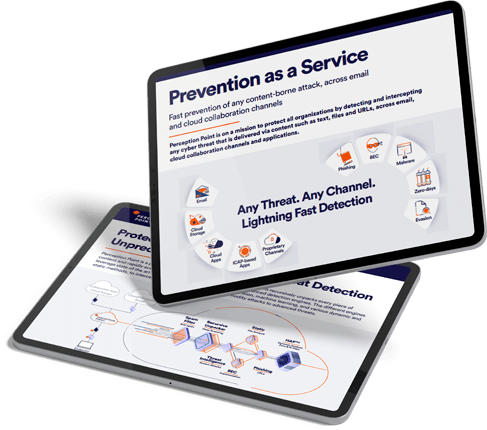As the digital age keeps evolving – unfortunately, so do the scams. A report from Consumer Affairs shows travel booking sites have become the newest target for scammers.
Consumer Affairs said the latest research from a cyber security company Perception Point is a prime example of how far some scammers will go, hoping to take your hard-earned money.
But how can you protect yourself from these scams? Consumer Affairs said it’s all about evolving your understanding of how these criminals operate.
Website weirdness
Double check the URL. Look for misspellings or unfamiliar domain extensions. And look for suspicious links that don’t function properly or lead to broken web pages. Consumer Affairs suggests people use Google’s “safe browsing” checker.
Check through your bills
Consumer Affairs said you should regularly monitor your accounts for odd or unauthorized purchases. That tip is not new, but what is new is the amount of money scammers are taking from victims’ accounts. They say scammers are taking out smaller chunks of money, say $1 day, from someone’s bank account and then repeating the process. This makes it harder for people to spot fraudulent transactions.
Mysterious messaging
Scammers are reportedly going deeper into messaging, in places we haven’t seen before. Experts say to keep an eye on places like Slack, Teams, WhatsApp, iMessage, and Facebook Messenger.
These hacks can lead people to divulge their login credentials or click on malicious links. So if you get a message from someone you don’t recognize? Think twice before responding.
This article first appeared in WCNC Charlotte, written by Meilin Tompkins on December 18, 2023.























